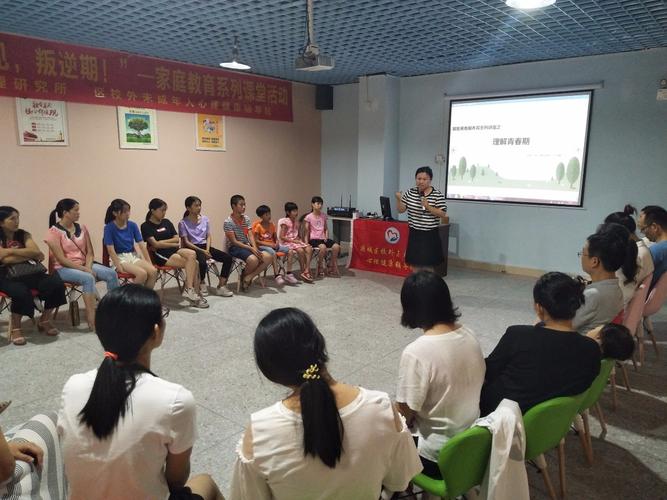UnderstandingtheRoleofaChildEducationPsychologyCounselor
Child Education Psychology Counseling
Child education psychology counselors play a crucial role in supporting the emotional and psychological well-being of children. They work with children, parents, and educators to address various issues that may affect a child's learning and development.
1. Conducting assessments to identify learning disabilities, behavioral issues, and emotional challenges in children.
2. Developing individualized intervention plans to support the child's academic and emotional needs.
3. Collaborating with parents and teachers to create a supportive environment for the child.
4. Providing counseling and therapy to help children cope with stress, anxiety, and other emotional difficulties.
5. Offering guidance and support to parents on effective parenting strategies and techniques.
1. Building a trusting and supportive relationship with the child to create a safe space for expression.

2. Using play therapy, art therapy, and other creative techniques to engage children in the counseling process.
3. Teaching children coping skills and emotional regulation techniques to manage their feelings and behaviors.
4. Collaborating with teachers to implement classroom strategies that support the child's learning and social-emotional development.
5. Providing parent education and support to enhance the parent-child relationship and promote positive behavior at home.
1. Dealing with complex family dynamics and challenging home environments that may impact a child's well-being.
2. Addressing cultural and diversity issues that can influence a child's behavior and learning style.
3. Balancing the needs of multiple stakeholders, including the child, parents, teachers, and other professionals involved in the child's care.
4. Managing high caseloads and limited resources while providing quality care to each child.
1. Be open and honest about your child's challenges and concerns to facilitate the counseling process.
2. Collaborate with the counselor and actively participate in the intervention plan to support your child's progress.
3. Practice patience and understanding as your child works through their emotions and behaviors with the counselor's guidance.
4. Seek ongoing support and resources to continue the progress made in counseling sessions.
Overall, child education psychology counseling plays a vital role in promoting the well-being and academic success of children. By working collaboratively with parents, teachers, and other professionals, child education psychology counselors can create a supportive environment where children can thrive and reach their full potential.
